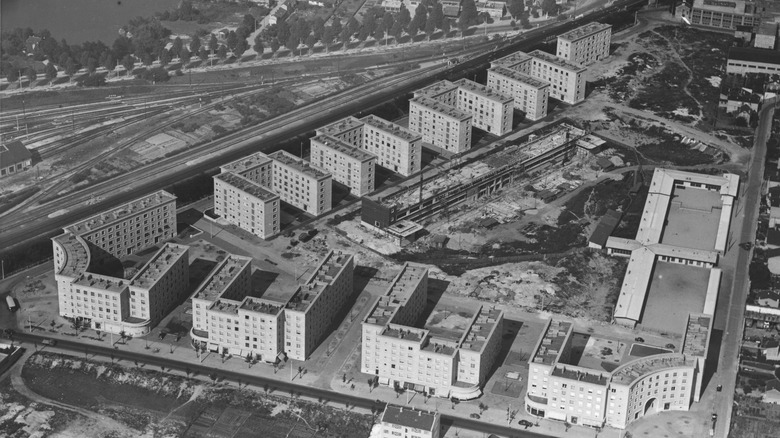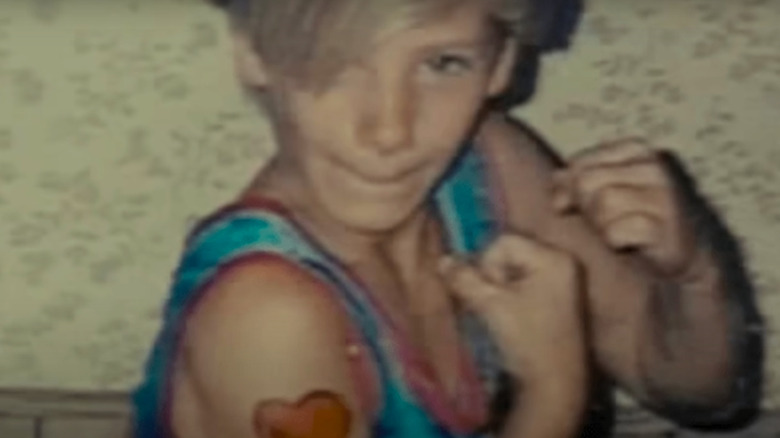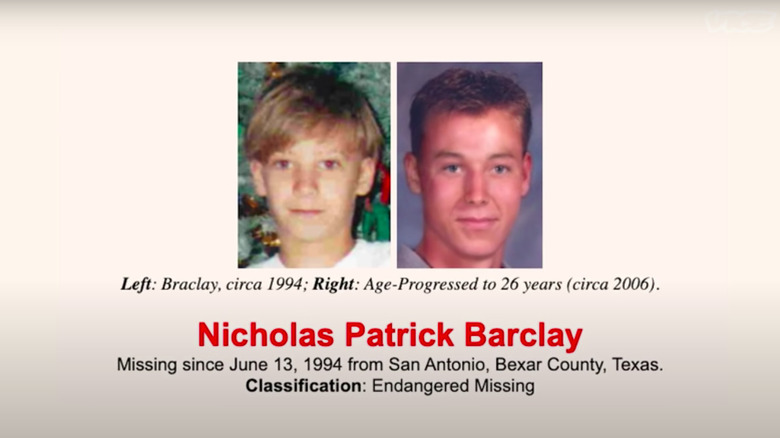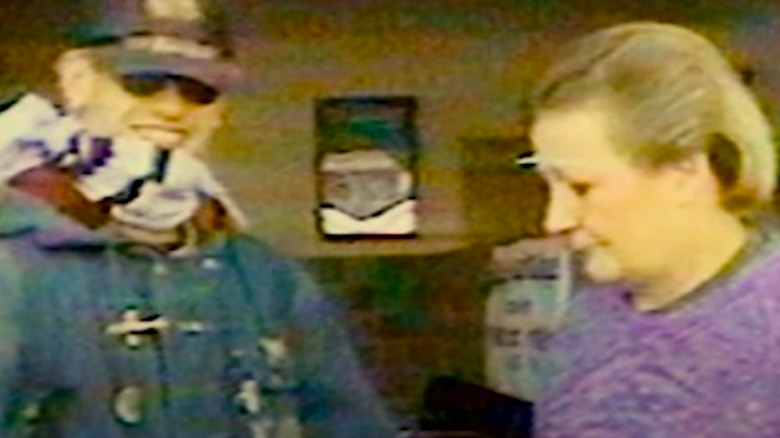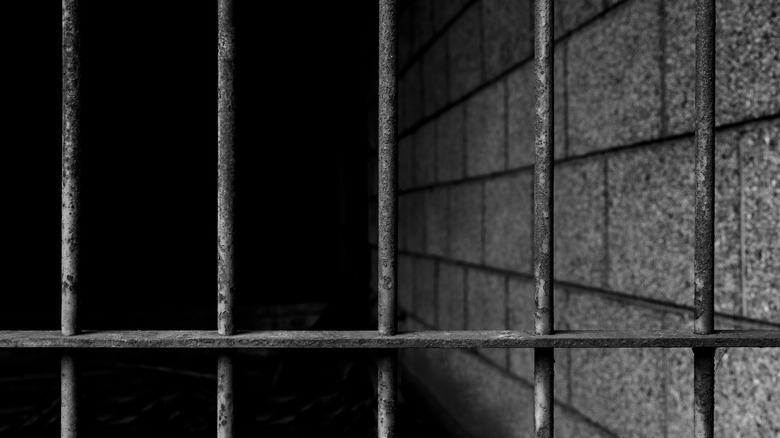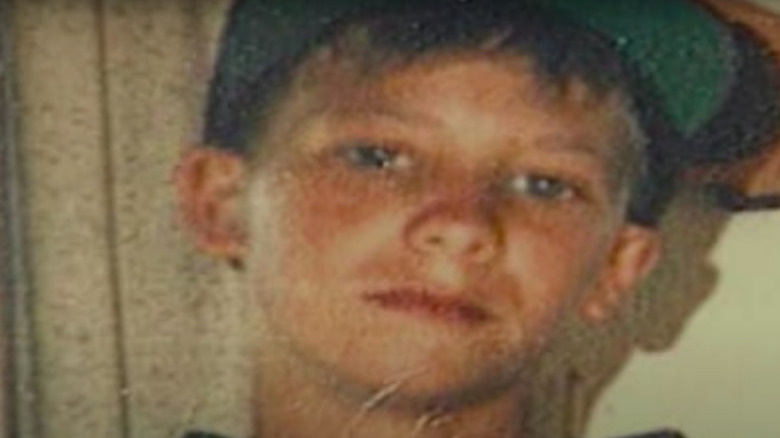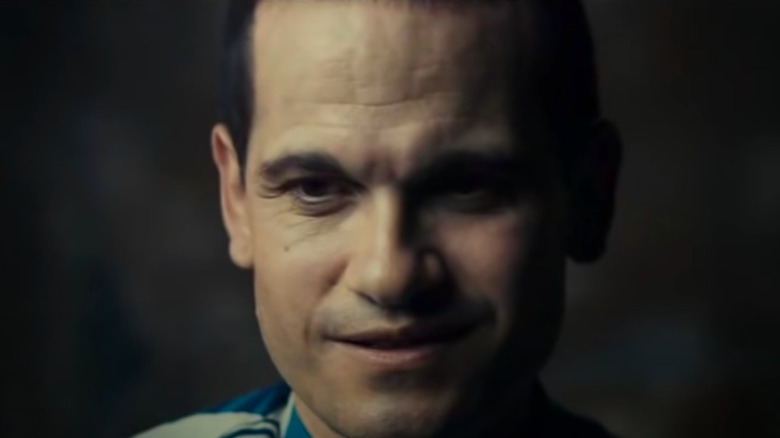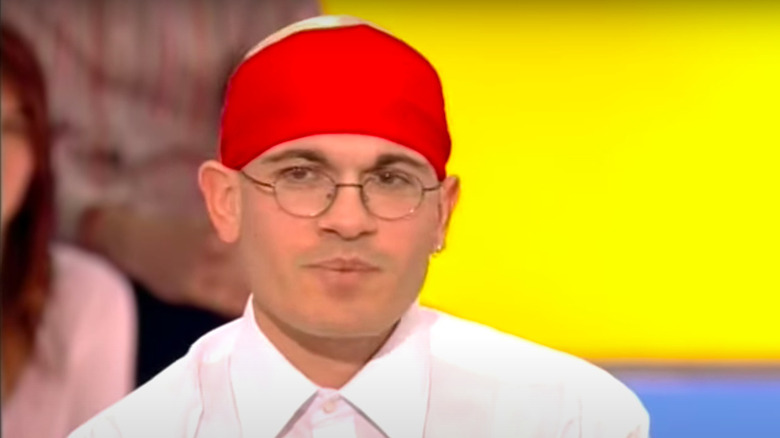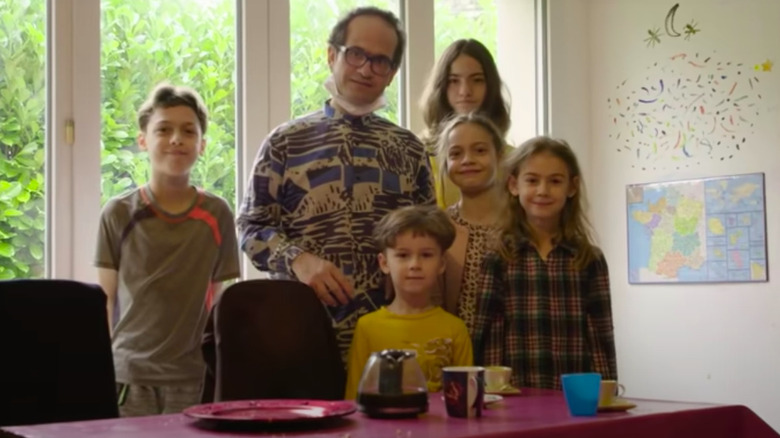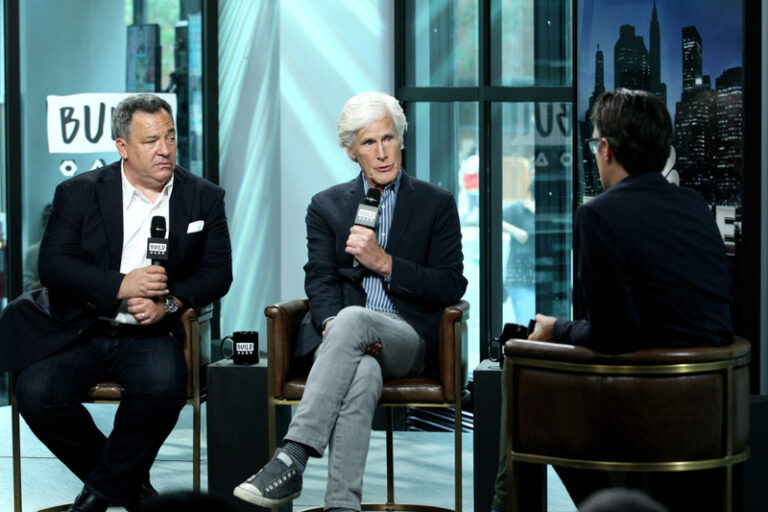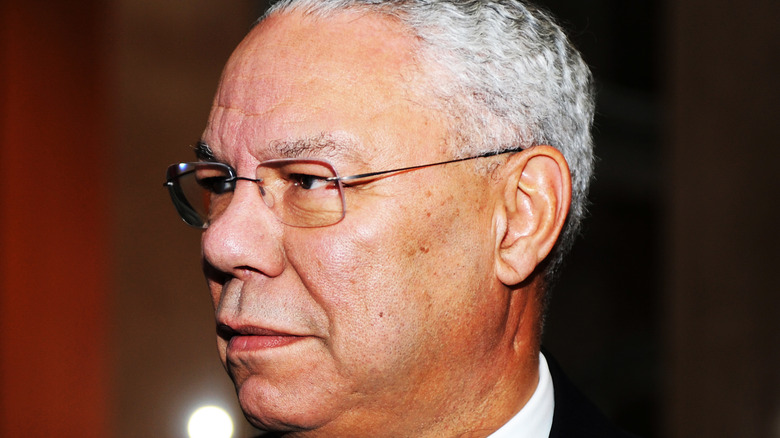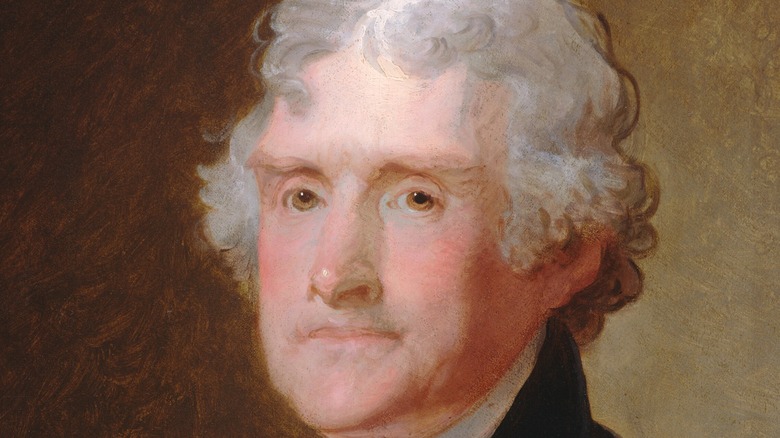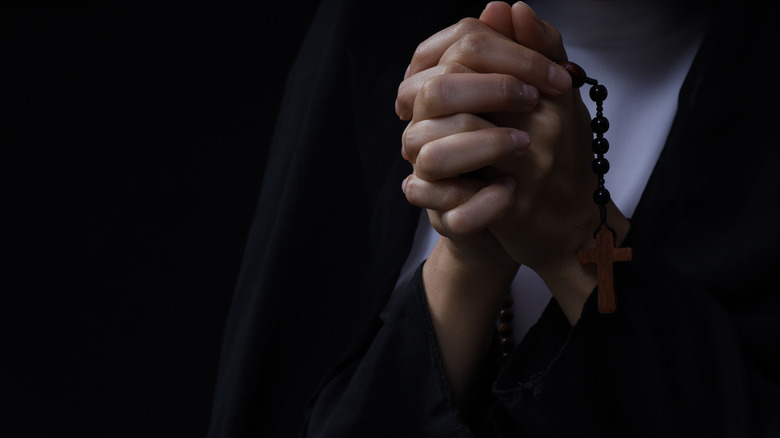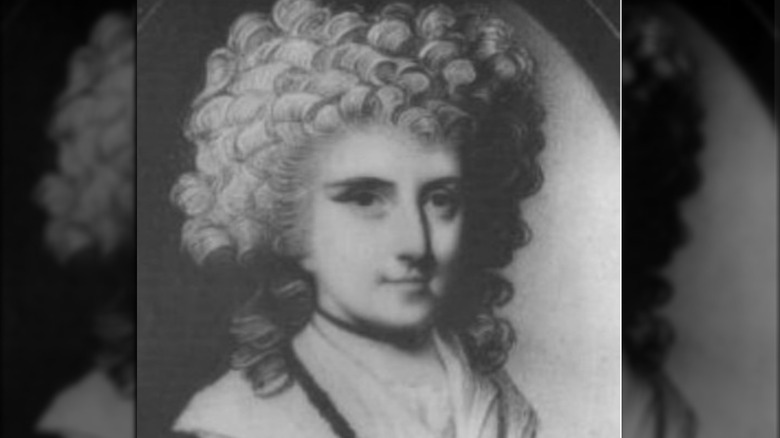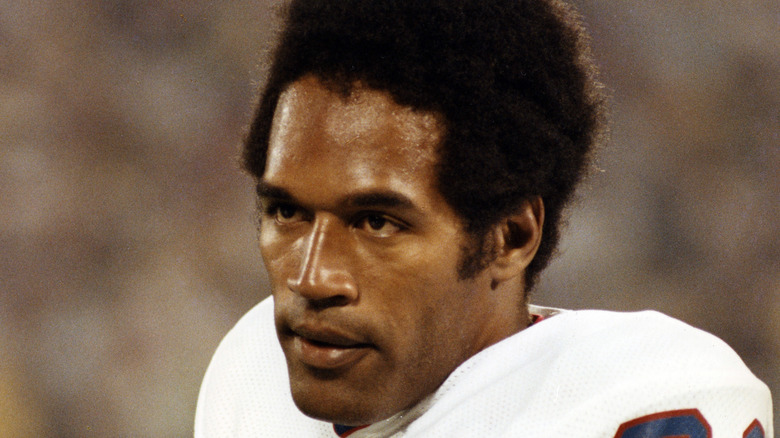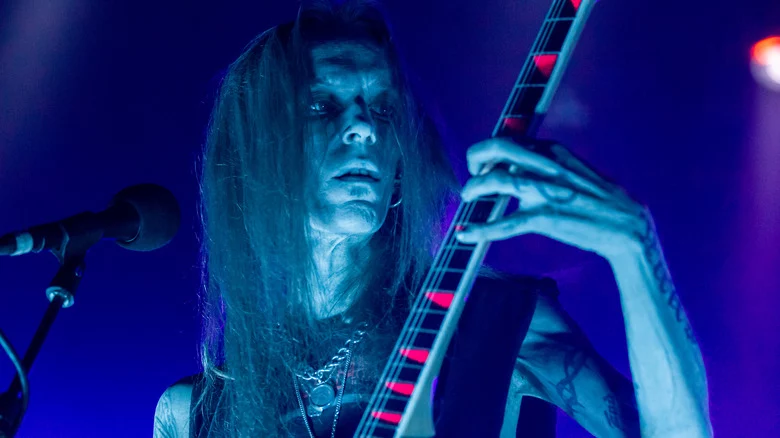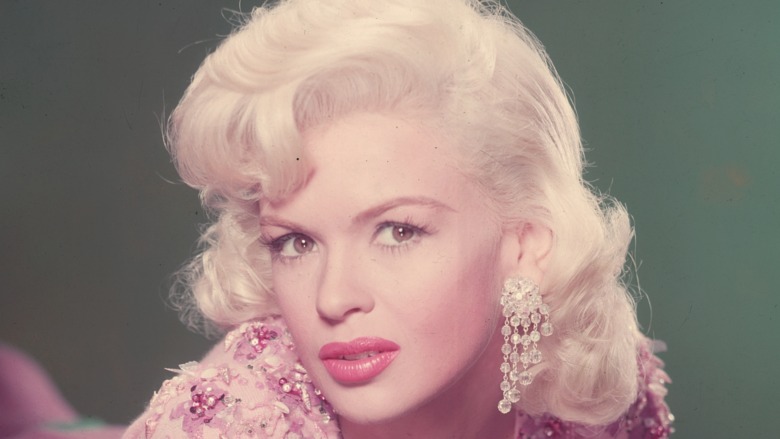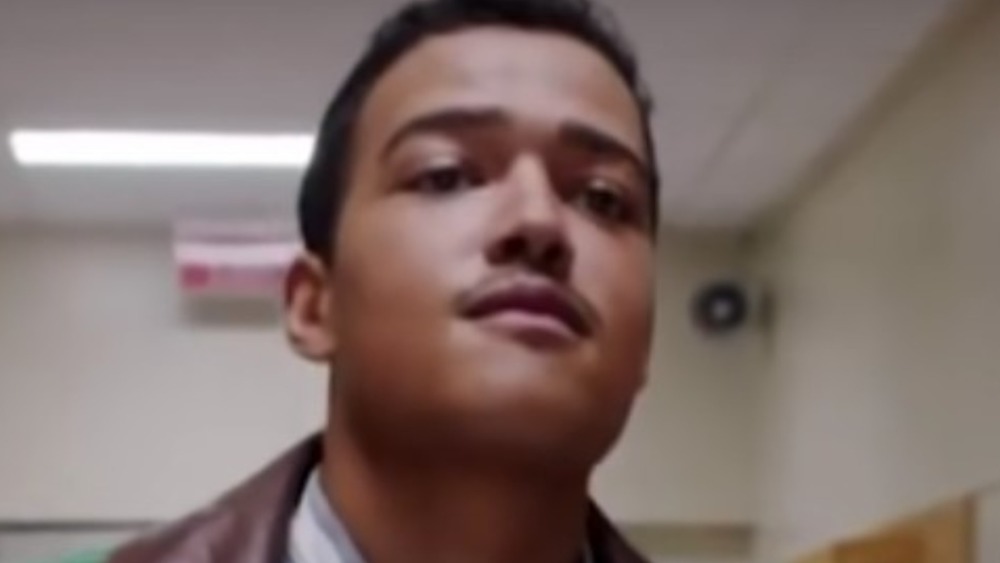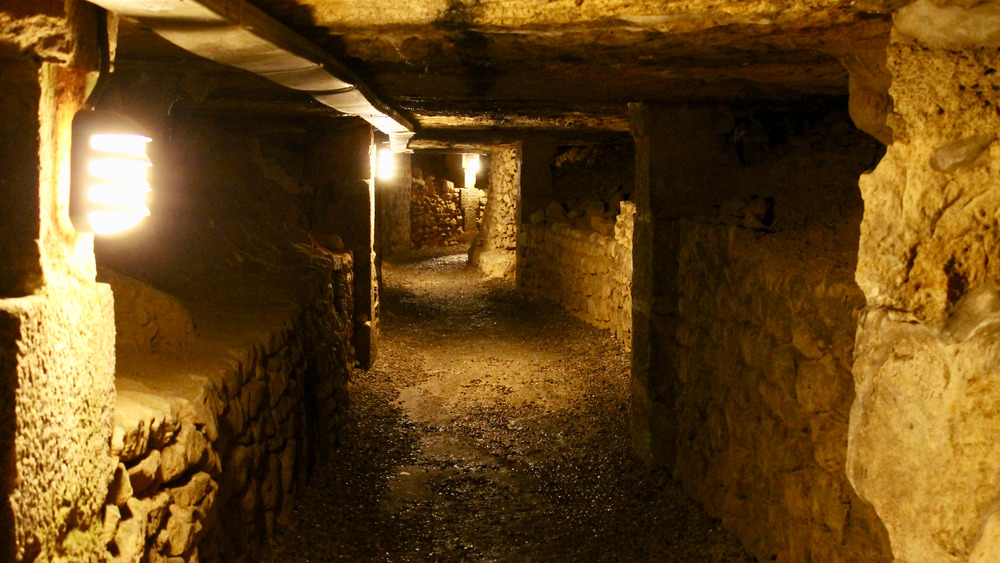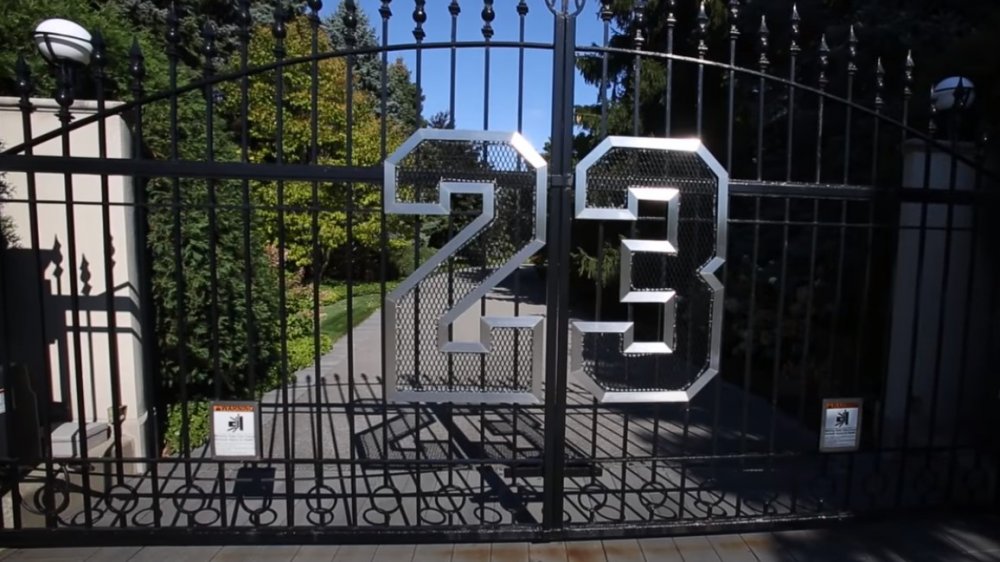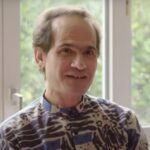
Frederic Bourdin: The Crazy True Story Of A Serial Impostor
The story of Frédéric Bourdin and his numerous identities is almost unbelievable. And while his impersonation of Nicholas Barclay ended up becoming his most famous deceit, the family’s reaction to the deception ended up raising questions of its own. Meanwhile, Bourdin went on to pass through hundreds of different identities.
Is it possible for an American family to be so taken with grief for their missing son/brother that they’d accept a completely different person as their own? Or was there an even more suspicious reason why they were so willing to accept the deception.
It’s incredibly easy to say to yourself, “I would never act that way in that situation,” but at the end of the day, it’s impossible to know exactly how you would react. This is what makes Bourdin’s skills as an imposter and the Barclay disappearance-reappearance case so fascinating. Can any person potentially be taken in by an imposter claiming to be their missing child?
Bourdin himself is equally an enigma, since how much can one believe what a serial imposter says? Ultimately, the question of who Bourdin is may be just as constructed as any of the other identities that he’s taken on and shed throughout his life. But as the chameleon, Bourdin reminds us how fragile our own constructions are, not only of ourselves, but of each other. This is Frédéric Bourdin: the crazy true story of a serial impostor.
Frédéric Bourdin's early life
Frédéric Pierre Bourdin was born on June 13, 1974, to Ghislaine Bourdin, a poor French woman, in Nanterre, a suburb of Paris, France. The identity of Bourdin’s father was unknown, and in his early life, government forms listed his father simply as “X.” But according to The Guardian, Bourdin’s father was an Algerian immigrant named Kaci, who worked at the same margarine factory as Bourdin’s mother. Upon realizing that she was pregnant, Bourdin’s mother also realized that Kaci was already married. She never told Kaci he was a father and quit her job.
When Bourdin was 2-and-a-half, child services put him in his grandparents’ custody, after they called child services. When he was 5, Bourdin and his grandparents moved to Mouchamps, southeast of Nantes. There, being dressed in “secondhand clothes from Catholic charities,” Bourdin was “a village outcast.”
It was around this time that Bourdin began inventing stories about himself, like the stories that his father was a British secret agent in order to explain his absence, writes Bird in Flight. But it’s unclear how many of the stories were actually invented. Bourdin once told his grandparents he’d be assaulted by a neighbor, but there never was an investigation, notes Bird in Flight.
As Bourdin increasingly acted out and got in trouble for stealing, he was sent to a private facility for juveniles at the age of 12.
Running away from the youth home
At the juvenile center, Frédéric Bourdin continued to invent stories. The Guardian writes that he “often pretended to be an amnesiac, intentionally getting lost in the streets.” When Bourdin was 16, he briefly moved to another youth home before running away.
After hitchhiking to Paris, Bourdin invented “Jimmy Sale,” a lost British teenager. “I dreamed they would send me to England, where I always imagined life was more beautiful,” he said to Guardian reporter David Grann. But after Bourdin approached a French policeman and was taken to the police station, it soon became clear that Bourdin couldn’t speak “two words of English,” notes Bird in Flight. Bourdin admitted that he was lying and was taken back to the youth home, but before long he’d run away once again.
This pattern repeated itself several times. By the time Bourdin was 18, a legal adult, he’d posed as over 12 fictional children as he traveled around Europe, “moving in and out of orphanages and foster homes, searching for the ‘perfect shelter.'”
But Bourdin didn’t always try too hard to maintain the deceit, and his identity was always uncovered. In 1995, Bourdin even told his story on the French TV show “Tout est Possible,” or Everything Is Possible. In “The Old Man and the Gun,” David Grann writes that on the show, Bourdin claimed that he was motivated by simply wanting “love and a family.” The show’s producers were so moved that they offered him a job, but he ran away.
Who was Nicholas Barclay?
Nicholas Patrick Barclay was born in San Antonio, Texas, on December 31, 1980, per The Charley Project, to Beverly Dollarhide, and he had two older siblings, Carey and Jason (via The New Yorker). Like Bourdin, Nicholas Barclay also had a juvenile criminal record from an early age, often related to stealing or breaking and entering, and he was also known to run away from his family whenever he was upset. However, according to The DOE Network, he was never gone for more than a day.
On June 13, 1994, Nicholas reportedly went to play basketball with his friends at the neighborhood park. The Guardian writes that Barclay reportedly called for a ride home, but Jason Barclay told him to walk. He never returned home that night.
A missing persons investigation was opened, but there were few leads. Nicholas only had about $5 with him at the time of his disappearance, so police considered it unlikely that he was paying for a room somewhere, according to All That’s Interesting. Their best guess was that he hitchhiked somewhere, but that meant that finding him was even more unlikely.
Three months after Nicholas went missing, Jason called the police again, claiming that he’d seen his brother trying to break into their garage. However, by the time police arrived at the scene, Jason claimed that Nicholas had already fled.
Pretending to be Nicholas Barclay
While in Spain in October 1997, Frédéric Bourdin once again called the police claiming to be a young boy in need of assistance. In an attempt to mask his identity, since he was beginning to be known across Europe, Bourdin claimed that he was from the United States, as per VICE.
The National Center for Missing and Exploited Children was contacted, and after they were told that a teenage boy was found in Europe after having been missing for an indeterminate number of years, they came back with the name Nicholas Barclay. But once Bourdin was given that name, it set off a chain reaction going all the way to the embassy. Because as Bourdin notes, “I wasn’t just someone to be identified now. I was an American who’d been missing for three years and four months. I couldn’t go nowhere. I couldn’t run away.”
Bourdin realized that he looked nothing like Nicholas Barclay after seeing his case file and photo, but by this point he was in too deep. So he dyed his hair blond, gave himself three tattoos to match the ones that Nicholas Barclay had, and got ready for the arrival of Carey Barclay, Nicholas Barclay’s older sister.
Back with the family
Frédéric Bourdin was incredibly worried that his deception would be undone the moment Carey Barclay laid eyes on him, but to his surprise, her first words to him were, “I knew it was you. I knew I would recognize you” (via VICE). Despite the fact that Bourdin had brown eyes instead of Nicholas Barclay’s blue, spoke with a French accent, and was in fact seven years older than Nicholas should’ve been, Carey claimed that she had no doubt in her mind that it was truly her brother, according to The Guardian.
After “Carey swore under oath that Bourdin was her brother and an American citizen,” Bourdin was given a U.S. passport and a flight to Texas. And since Carey vouched for Bourdin, the authorities raised no questions.
Upon arriving back in the U.S., Nicholas Barclay’s family welcomed Bourdin back as their missing son, and Bourdin soon seemed to be somewhat fitting in. However, he was still guarded, and his family attributed that to the abuse he’d experienced. Bourdin had claimed that during his abduction, he’d been physically and sexually abused, and his French accent was due to living in Europe for so long, according to The Charley Project. Bourdin also attributed the change in eye color to the experiments that were done on him, involving a solution put into his eyes.
While he was with the family, Bourdin was mainly worried that either the real Nicholas would suddenly come back, or that someone in the town was actually responsible for Nicholas’ murder.
The FBI gets involved
Since Frédéric Bourdin claimed that he’d been kidnapped by the military in the United States, as per Salon, before being sex trafficked to Spain, he was interviewed by FBI agent Nancy Fisher a few weeks after arriving stateside. Almost immediately, Fisher was suspicious. “His hair was dark but bleached blond and the roots were quite obvious,” Fisher told The Guardian.
Charlie Parker, a private investigator, also sniffed out Bourdin while investigating Nicholas Barclay’s kidnapping. Parker noted that Bourdin’s ears didn’t match Barclay’s, and after confirming that neither Barclay’s eyes nor accent could have changed, Parker told the Barclay family what he discovered. But while the family was upset, they continued to insist that they believed Bourdin to be their son.
Meanwhile, Fisher was trying to persuade both Bourdin and Nicholas Barclay’s mother, Beverly, to give blood samples. Although she was unsuccessful, in February 1998, Fisher got the warrants necessary for the blood samples and fingerprints.
On March 5, 1998, Beverly Barclay acknowledged that Bourdin wasn’t Nicholas Barclay and called Parker. The next day, Bourdin admitted to Parker his true identity and the fact that he was wanted by Interpol. Parker called Fisher, who had also been contacted by Interpol with the same information, and within two hours, Bourdin was arrested and taken away by the authorities.
Going to prison
Frédéric Bourdin pleaded guilty to passport fraud and perjury and was sentenced to six years in prison, reports KSAT. But even while in prison, Bourdin tried to maintain the story he’d created with Nicholas Barclay. According to Indie Wire, he regularly talked to at least one journalist in hopes of garnering the public’s sympathies with his exclusive story. “For the better part of a year Bourdin collect called me regularly … to discuss developments in his case and to regale me with horror stories about being held captive by a bunch of sick sadists in a city of lost children,” said Christine Spines.
Of course, there were no such children that Bourdin personally knew of, and when the idea to talk to the FBI and “save the other kids” had come up before Bourdin’s real identity was revealed, Bourdin didn’t want to pursue that because he knew there were no other children. But even after being caught impersonating Barclay and being sent to prison, Bourdin couldn’t help continuing to spin his web of stories.
Despite being able to briefly fool unsuspecting journalists, as with all of his deceptions the truth eventually came to light. Spines was taken in by Bourdin and claimed that, “when confronted, Bourdin immediately came clean and apologized like a drunk recovering from his latest binge: Lying is something he’s constitutionally compelled to do and sometimes he just can’t help himself.”
So what actually happened to Nicholas Barclay?
At the end of the day, the disappearance of Nicholas Barclay remains a mystery. However, according to KSAT, authorities have reason to suspect that Barclay’s brother, Jason Barclay, never really saw him trying to break into the garage three months after his disappearance.
There were other noticeable things when Frédéric Bourdin arrived to the Barclay family. Several members of the Barclay family were there, but Jason wasn’t. The Guardian writes that Jason finally came to see his imposter brother after a month-and-a-half, but when he did, he was “standoffish.” Although he hugged Bourdin in front of everyone, the atmosphere seemed tense. And after giving Bourdin a gold cross, Jason left and never returned to see Bourdin again.
After Bourdin was arrested, FBI agent Nancy Fisher also questioned Jason and became suspicious that Jason played some part in his brother’s disappearance. Fisher also suspected that Nicholas Barclay’s mother, Beverly Dollarhide, might also have been involved. And a few weeks after Jason was questioned by both Fisher and private investigator Charlie Parker, he died from a cocaine overdose.
However, there’s little hard evidence to support any substantive theory as to what really happened to Nicholas Barclay.
Back to impersonating in Europe
After serving five years in prison, Frédéric Bourdin was deported to France in October 2003, reports The New Yorker. But it wasn’t the end of his imposter lifestyle. Bird in Flight writes that in 2003, Bourdin pretended to be a 14-year-old named Léo Balley; in 2004, he was an orphan named Ruben Sanchez Espinoza; and in 2005, he went into a youth shelter as 15-year-old Francisco Hernandez Fernandez.
Bourdin says that he consistently claimed to be around the age of 14 “because I would be younger so people would care more. I’d speak with a smaller voice and because I was still looking younger, physical appearance wasn’t a big problem at the beginning” (via VICE).
But by 2005, Bourdin was 31 years old and balding, which meant that it was getting a little bit more difficult to maintain an identity as a young teenager. According to The Guardian, as 15-year-old Fernandez, Bourdin constantly had his face and head covered up, in addition to claiming that he’d lost his immediate family in a car accident. He also claimed that the car accident left him with scars on his head, which is why he never removed the baseball cap.
Frédéric Bourdin's last identity
Francisco Hernandez Fernandez ended up being Frédéric Bourdin’s final false identity. After being placed in the St. Vincent de Paul shelter near Pau, France, Bourdin was enrolled into Collège Jean Monnet, a local secondary school. There, he made friends with student Rafael Pessoa De Almeida, and before long, Bourdin found a place for himself amongst the other children, writes The Guardian.
Bird In Flight writes that the deception lasted for a month. But on June 8, 2005, a school administrator informed the principal that she’d seen a TV show about a grown-up Frenchman who had a reputation for impersonating children and insisted that Bourdin looked exactly like Fernandez.
When the police arrived and handcuffed Bourdin, they also finally removed his hat, revealing a balding head instead of scars. At that moment, Bourdin’s voice reportedly dropped to his natural low frequency, and he said, “I want a lawyer.”
Bourdin was given a six-month conditional sentence for forging documents. But although all the publicity led to the end of Bourdin’s career as an imposter, it was also how he found his wife, who saw him on TV and married him in 2007, after only a year of being together. They have five children together, although it’s unclear if they’re still together as of 2021.
Over 500 identities
Over his life, Frédéric Bourdin claims that he’s created up to 500 different fake identities for himself. And according to The New Yorker, out of all the identities that Bourdin created and took on for himself, at least one of them was a real teenager who was actually missing.
In 2012, Bart Layton directed a documentary about Bourdin, “The Imposter,” which included interviews from both Bourdin and members of the Nicholas Barclay family. However, the film overall focuses more on the Barclay family than on Bourdin’s personal history.
But although Bourdin has maintained that he’s not planning on resuming his life as an imposter, because of his children and the cat that he adopted, when asked if he was a new person after becoming a husband and a father, Bourdin responded, “No, this is who I am” (via The Guardian).
As of 2021, Bourdin continues to live in France with his children. In 2015, Bourdin wrote on Facebook, “I miss my old life, my freedom, hell I don’t even have a criminal record left in France … But nothing in this world could make me abandon my wife, kids and pets … I wish you could have followed my childhood and my past life through your very eyes instead of getting glimpses of it through the lying eyes of those who see themselves as a reporter.”

The Creepy Reason People Remain Conscious After Being Decapitated
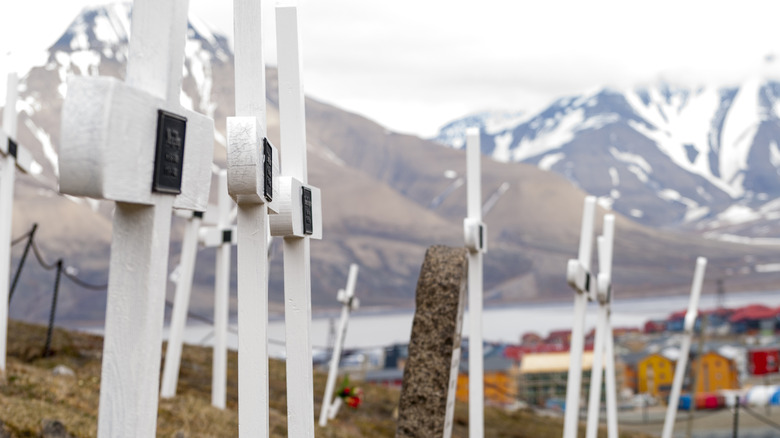
Here's Why This Town Forbids The Burials Of Bodies
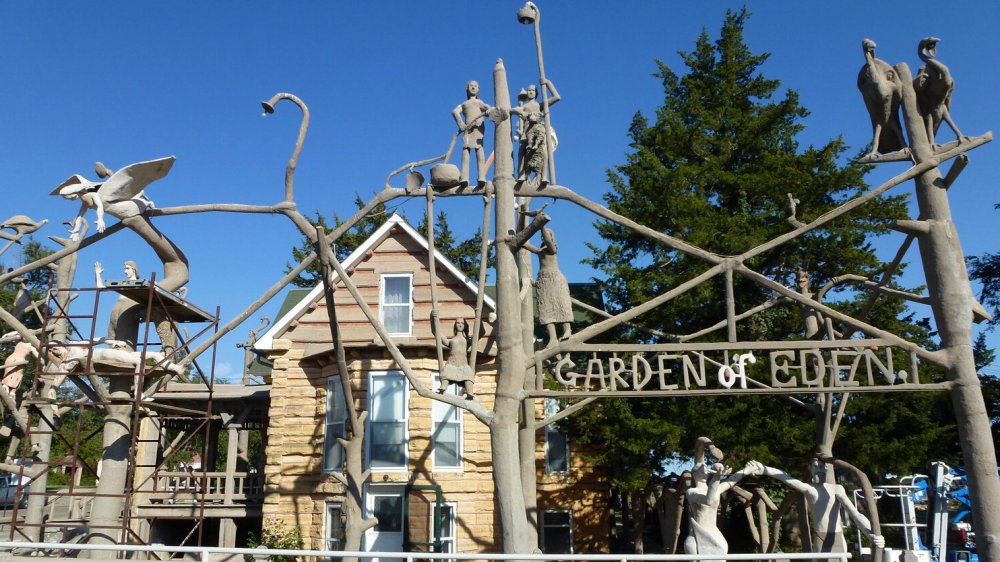
The Quirky Garden Of Eden You've Never Heard Of In America
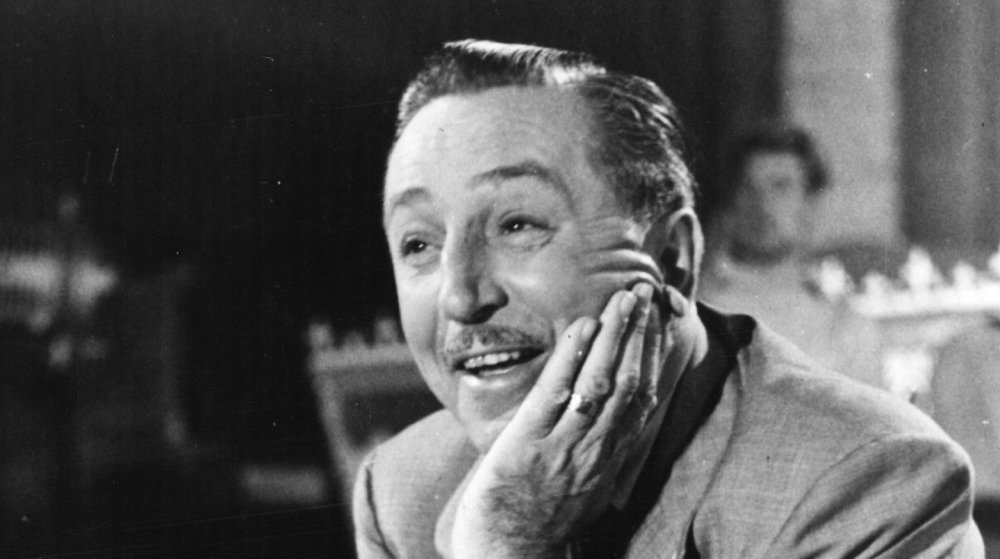
Is Walt Disney's Body Really Frozen?

Doctors Alter DNA For The First Time Inside Living Human

The Truth About The Real 'Warp Drive'

The Truth About The Pentagon's New Atomic Moon Rocket
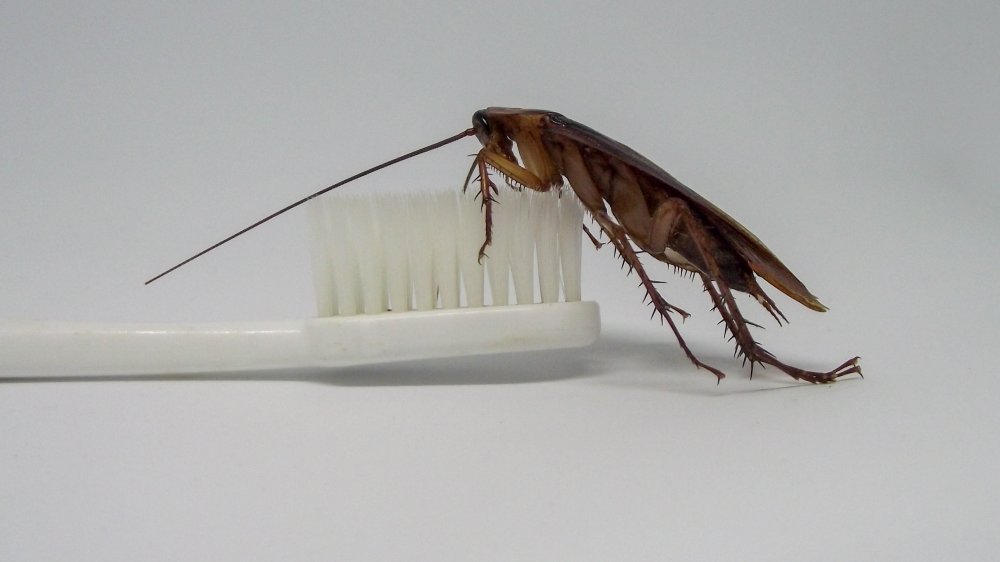
The Reason Cockroaches Like Crawling Into People's Ears

Why Are There No Mosquitoes At Disney World?

US Lists Fictional Nation Of Wakanda As Trade Partner
